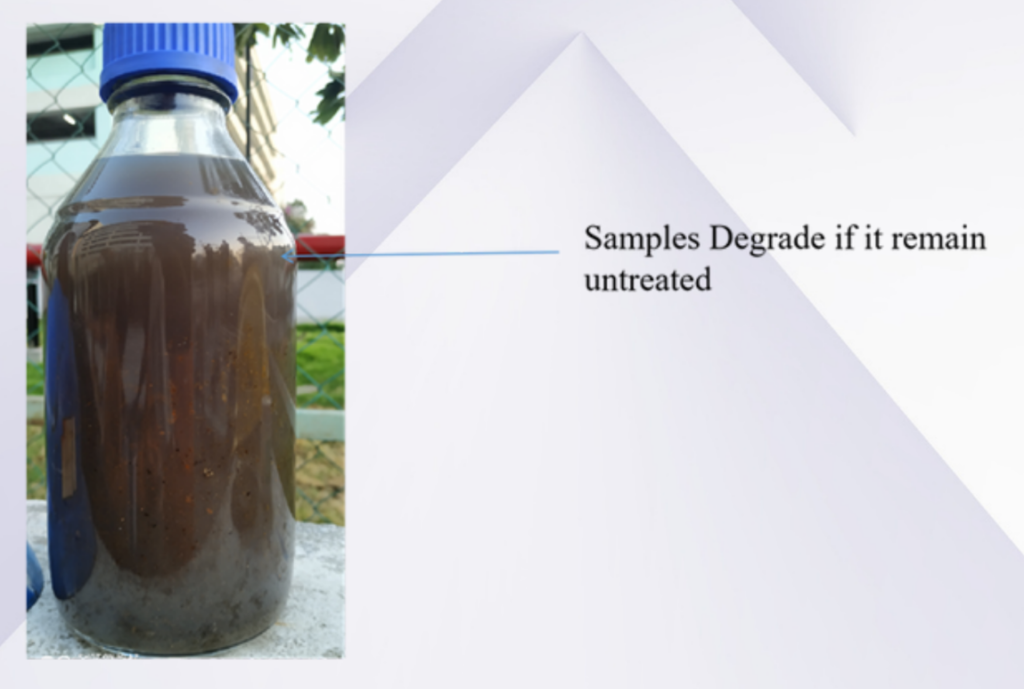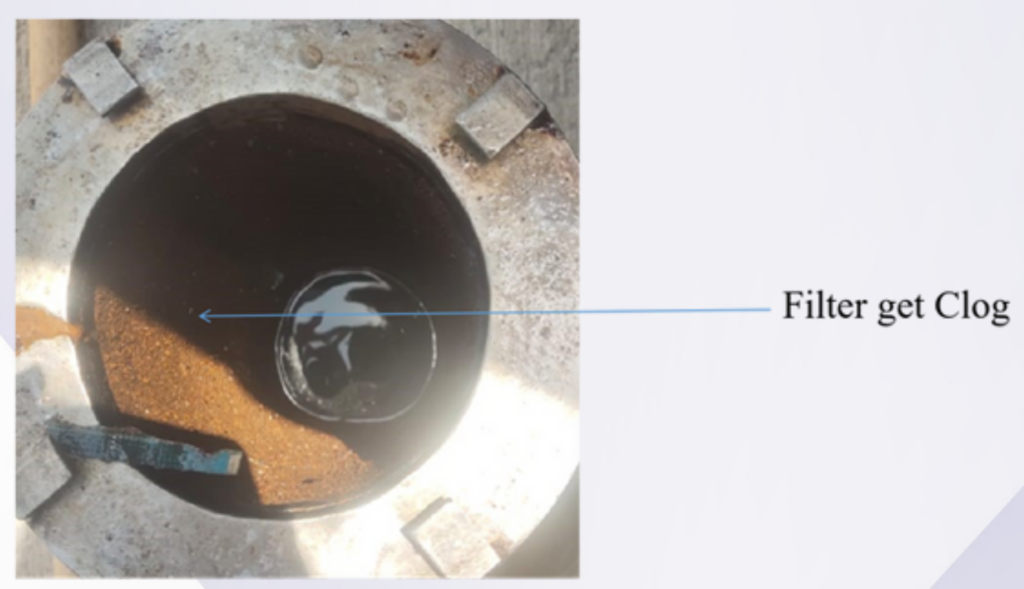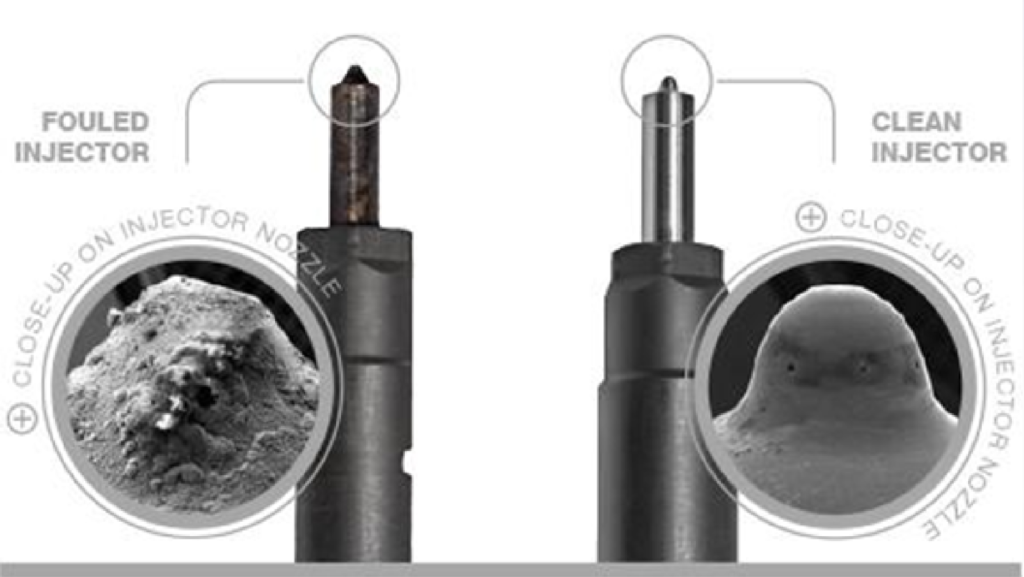In today’s fast-paced world, where businesses rely heavily on engines and
machinery for their operations, the quality of fuel often goes unnoticed. Yet,
it is the lifeblood that keeps our engines running smoothly. As the Managing
Partner and CEO of Tristar Engineering and Chemical Co., I understand the
critical importance of fuel quality, not just for the engines but also for our
sustainable future.
Total Contamination Testing: A Necessity, Not an Option
Fuel contamination is an ever-present threat, lurking in storage tanks,
waiting to wreak havoc on engines and equipment. It’s a silent adversary
that can lead to reduced performance, increased maintenance costs, and
harm to the environment. That’s why at Tristar Engineering, we emphasize
the significance of regular Total Contamination Testing.
Why Total Contamination Testing Matters:
- Engine Performance: Contaminants like dirt, sediment, water, and
microbial growth can clog filters and lead to poor engine performance,
reduced power output, and starting problems.

- Fuel Quality: Contaminants can accelerate fuel degradation, causing
instability and reducing shelf life, which can lead to fuel quality issues
during storage and transportation.

- Environmental Impact: Contaminated fuel results in increased
emissions of pollutants, contributing to environmental degradation. - Maintenance Costs: High contamination levels mean frequent filter
replacements, leading to increased operational costs and downtime.

- Engine Longevity: Contaminants can wear down critical engine
components, reducing their lifespan and increasing maintenance
expenses.

- Fuel Efficiency: Disrupted combustion processes due to contaminants
lead to reduced fuel efficiency and higher consumption.
Proactive Maintenance for Sustainable Business
- Regular total contamination testing is not just about avoiding breakdowns;
it’s about ensuring the longevity of your engines, reducing environmental
impact, and managing operational costs effectively. At Tristar Engineering,
we believe that sustainability is not just a buzzword; it’s a way of doing
business responsibly. - Fuel Quality Control: We implement rigorous fuel quality control measures
to ensure that our engines run at peak performance while minimizing
emissions. - Tank Cleaning and Filtration: We employ tank cleaning processes and
advanced filtration techniques to maintain fuel quality and prevent
contamination. - Environmental Responsibility: We are committed to reducing our carbon
footprint and promoting eco-friendly practices throughout our operations. - In conclusion, as leaders in our respective industries, we have a
responsibility to safeguard our engines, our environment, and our bottom
line. Total contamination testing is not just a best practice; it’s a necessity
in today’s business landscape. - Let’s join hands in building sustainable businesses that not only contribute
to our own success but also to the well-being of society, employees,
vendors, and clients. Together, we can drive positive change and ensure
that our engines continue to run smoothly, efficiently, and responsibly.
